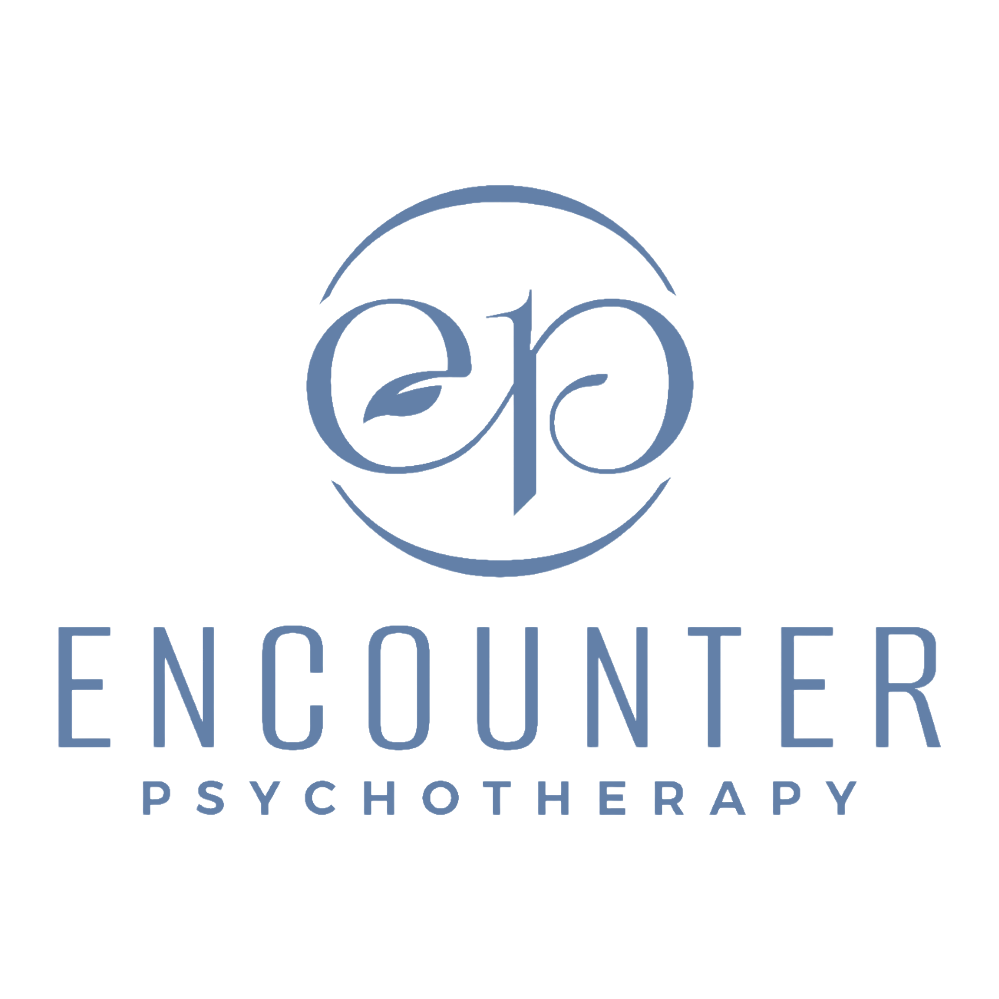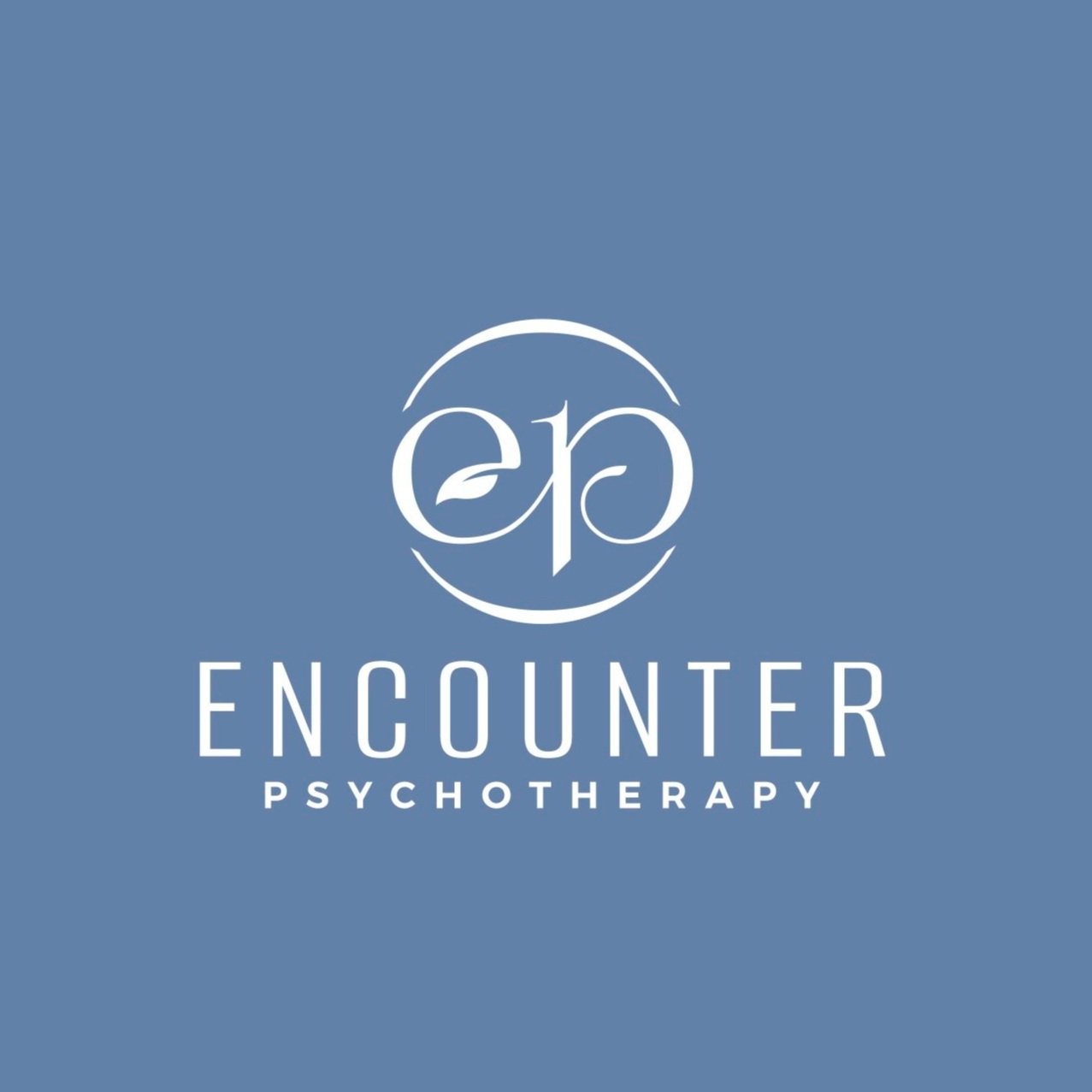How to find a therapist?
Many surveys have shown that the demand for professional mental health services have skyrocketed during the pandemic. The problem is that it has been increasingly more difficult to find a mental health professional who has availabilities, in addition to the challenge of finding one that is a good fit. Since I started my private practice, I have been personally experiencing the soaring demand for services first-hand, and it is dispiriting every time that I have to respond to an email or phone inquiry with the answer “I am sorry that I do not have an opening right now.“ What is even worse is that, many therapists like me see clients in long-term treatment, and sometimes we do not even have an exact date of our next opening to share with potential new clients!
While this is definitely an issue that needs to be addressed from a systematic perspective and requires the effort from all mental health professionals, I want to share a couple of tips for you, if you are someone who has more urgent needs to seek mental health services, who has been tired of having to wait for so long to find care, or who feels that the searching process has been so time-consuming that it’d be easier to just give up on even trying it the first time. And here they are:
Digital Directories
There are many digital platforms that list mental health professionals’ information, where you can filter and search for providers based on your needs.
Psychology Today: https://www.psychologytoday.com/us
Alma: https://helloalma.com/
Headway: https://headway.co/
Inclusive Therapists: https://www.inclusivetherapists.com/
Virtual Mental Health Services
Research has shown that online therapy can be as effective in treating many mental health issues such as depression, anxiety, and trauma. There are also many modalities of services available, including individual, couples, family, and group therapy, as well as psychological assessment. Here are some examples of companies that provide exclusively online mental health services:
Better Help: https://www.betterhelp.com/get-started/
7 Cups of Tea: https://www.7cups.com/
Talk Space: https://www.talkspace.com/
For more options, check out this post: https://www.verywellmind.com/best-online-therapy-4691206
Training Clinics
Every mental health professional has to go through years of training before they are licensed to practice independently. When in training, the clinicians are supervised by licensed mental health professionals and can provide high-quality services with often much shorter waitlists and at a much lower cost than independently practicing therapists. Some examples of local training clinics include:
Center Clinic at The George Washington University: https://psyd.columbian.gwu.edu/clinic
Clinical Psychology Clinic at University of Maryland: https://psyc.umd.edu/clinics/clin-psychology-clinic
Loyola Clinical Centers at Loyola University Maryland: https://www.loyola.edu/department/clinical-centers/services/psychology
Local Psychological Organizations & Nonprofits
Many psychological organizations have their own online directory to help people to connect with care. Some have their own training programs for licensed clinicians pursuing continued education and specialized skills and offer services on a sliding-scale in their communities.
American Psychological Association: https://locator.apa.org/
Anxiety and Depression Association of America: https://members.adaa.org/page/FATMain
Institute of Contemporary Psychotherapy + Psychoanalysis: https://icpeast.org/reduced-fee-referral-service/
Washington School of Psychiatry: https://wspdc.org/treatment
Reach out to friends or colleagues who are already in therapy for recommendations
Sometimes best referrals can come from your personal network. Asking a friend who is in therapy or reaching out to a counselor in your university if they know anyone or any place that has an opening can save a lot of time energy than diving into the search on your own.
Check your employee benefits (EAP)
Many employers offer free mental health services with a limited number of sessions. These services are billed through the insurance that your company offers, are completely confidential, and can be a cost-effective way to connect you to the right resources.
DO NOT WAIT IF IN CRISIS
If you are in a psychological or psychiatric emergency, meaning, you are experiencing extreme distress, is unable to cope with everyday life using available resources or coping mechanisms, or is in danger of hurting self or others, do not wait to find a mental health professional. Instead, take these actions immediately:
Call the National Suicide Prevention Lifeline: 1-800-273-8255 (TALK); en Español: 1-888-628-9454;
For need of hearing aid: Dial 711, then 1-800-273-8255 or text HOME to 741-741 (Free Crisis Support via Text)
Call local mobile crisis team or go to psychiatric crisis center
For Montgomery County, check: https://www.montgomerycountymd.gov/HHS-Program/Program.aspx?id=BHCS/BHCS24hrcrisiscenter-p204.html
Call 911 or go to the nearest emergency room


